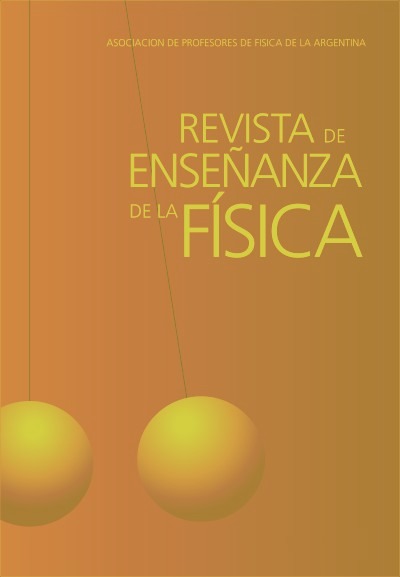The use of simple experimental activities for the teaching of molecular geometry: the case of the pedagogical boxes
Keywords:
Simple experimental activity, Pedagogical boxes, Chemistry learning, Extended laboratory modeAbstract
This work shows some results of a degree thesis of the Teaching Career of Natural Sciences at the UNED of Costa Rica, on the analysis of Simple Experimental Activities (SEA) as a strategy for teaching molecular geometry in the subject of Chemistry at the secondary education level, from the logic of the Extended Laboratory Model (ELM) using an SEA called Pedagogical Boxes. The strategy was applied to 32 tenth-grade students from Liceo Experimental Bilingüe de Palmares, their appreciations were extracted through a checklist and a Likert-type questionnaire after developing the SEA proposal. The results showed encouraging data where the students recognized a gain in learning when they study molecular geometry with the Pedagogical Boxes. The improvement of the ability to understand the subject, the promotion of the experimental component, the development of cognitive skills and the development of sensorimotor procedures were highlighted. In conclusion, the proposal represents an adequate strategy for approaching the subject and a resource that enhances the learning processes in students
Downloads
Published
Issue
Section
License
Copyright (c) 2022 Melissa Quesada-Solís, Eric Montero-Miranda

This work is licensed under a Creative Commons Attribution-NonCommercial-NoDerivatives 4.0 International License.
Aquellos autores/as que tengan publicaciones con esta revista, aceptan los términos siguientes:Los autores/as conservarán sus derechos de copiar y redistribuir el material, bajo los términos estipulados en la Licencia de reconocimiento, no comercial, sin obras derivadas de Creative Commons que permite a terceros compartir la obra bajo las siguientes condiciones:
- Reconocimiento — Debe reconocer adecuadamente la autoría, proporcionar un enlace a la licencia e indicar si se han realizado cambios. Puede hacerlo de cualquier manera razonable, pero no de una manera que sugiera que tiene el apoyo del licenciador o lo recibe por el uso que hace.
- NoComercial — No puede utilizar el material para una finalidad comercial.
- SinObraDerivada — Si remezcla, transforma o crea a partir del material, no puede difundir el material modificado.
- Los autores/as podrán adoptar otros acuerdos de licencia no exclusiva de distribución de la versión de la obra publicada (p. ej.: depositarla en un archivo telemático institucional o publicarla en un volumen monográfico) siempre que se indique la publicación inicial en esta revista.
- Se permite y recomienda a los autores/as difundir su obra a través de Internet (p. ej.: en archivos telemáticos institucionales o en su página web) antes y durante el proceso de envío, lo cual puede producir intercambios interesantes y aumentar las citas de la obra publicada. (Véase El efecto del acceso abierto).










